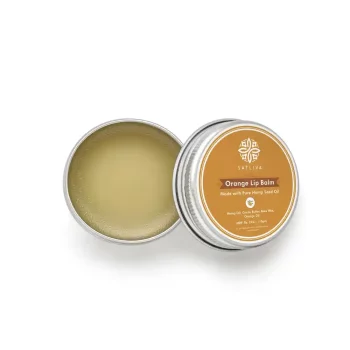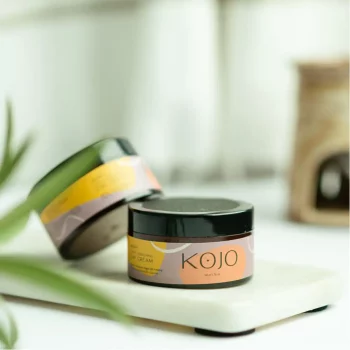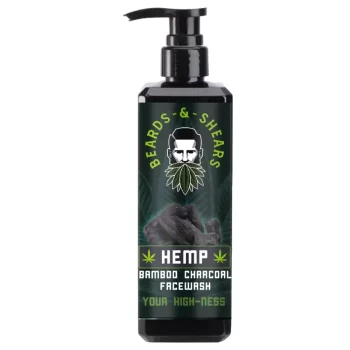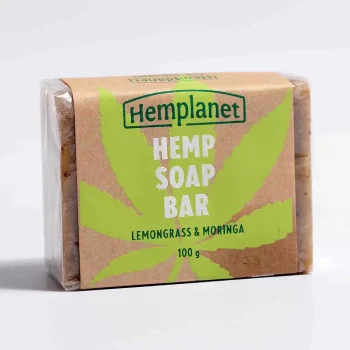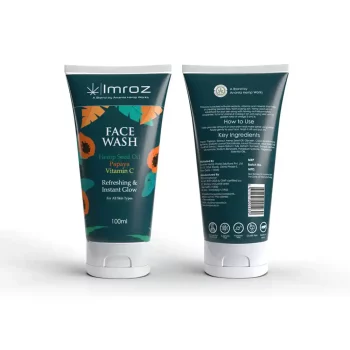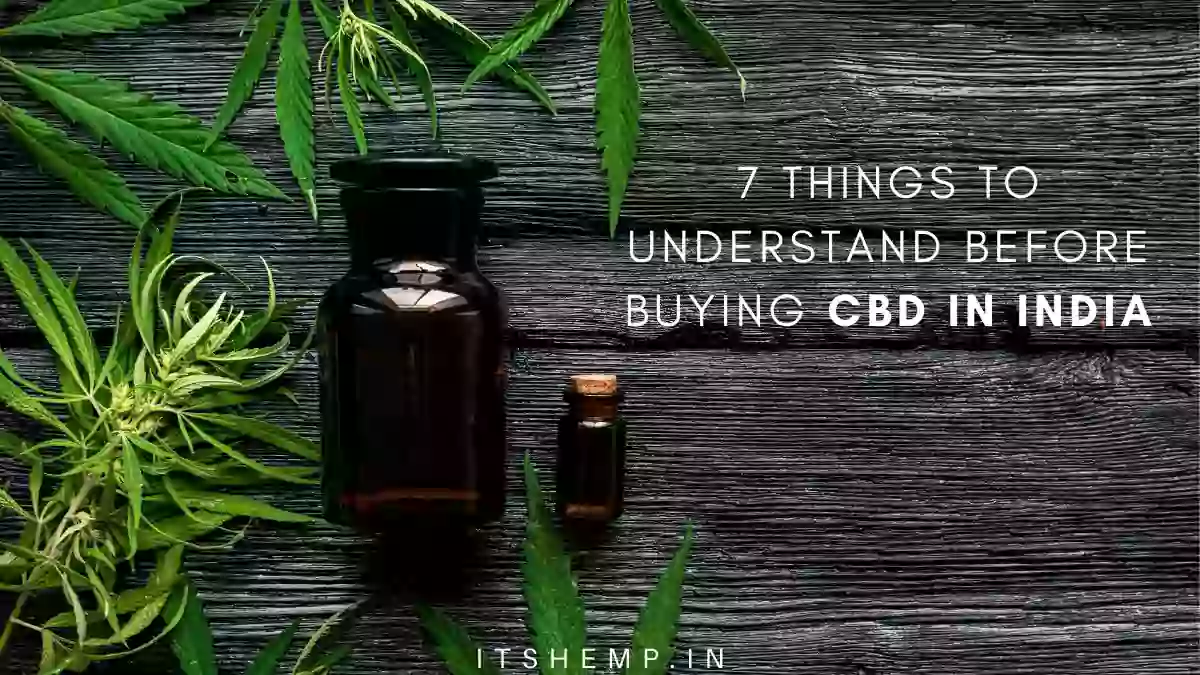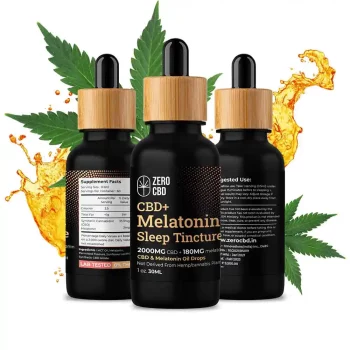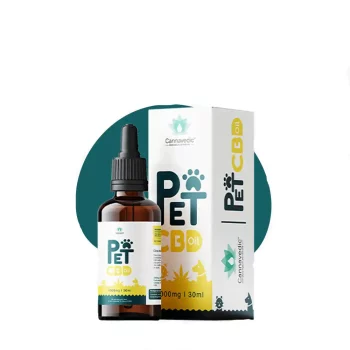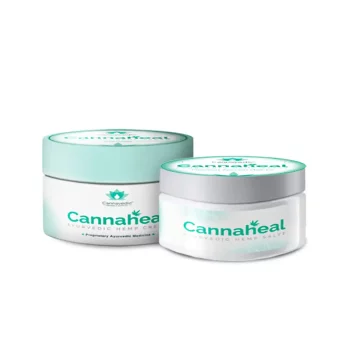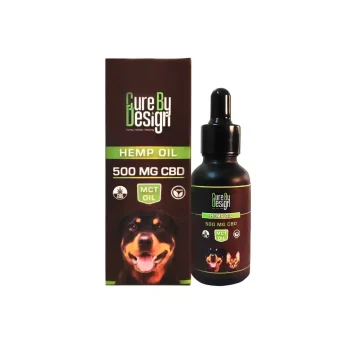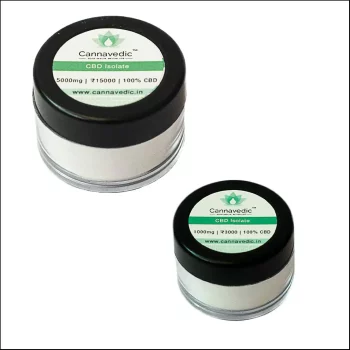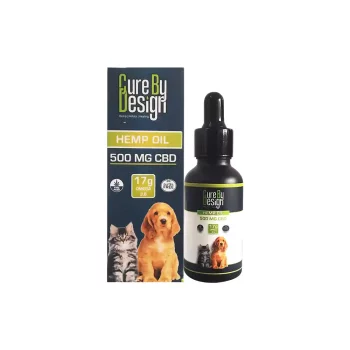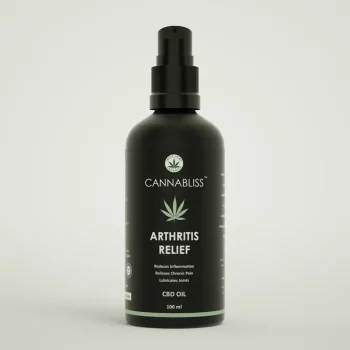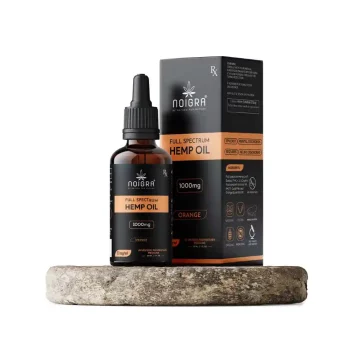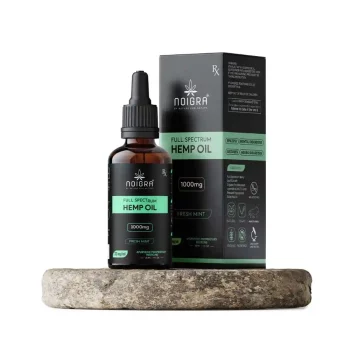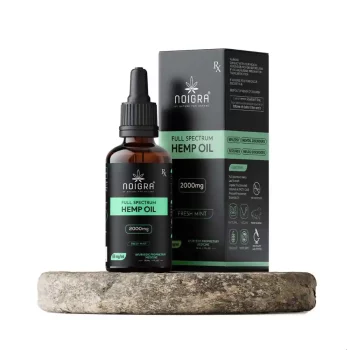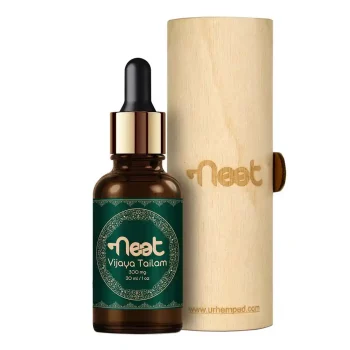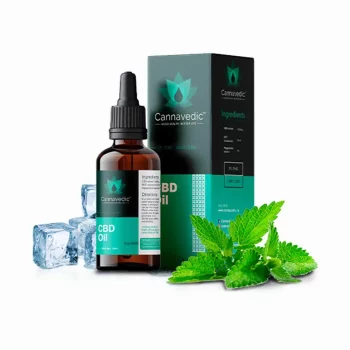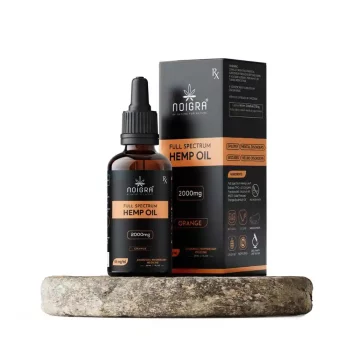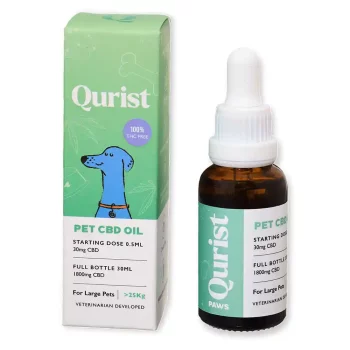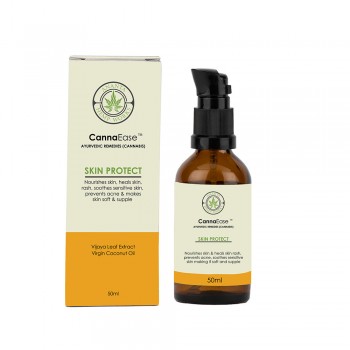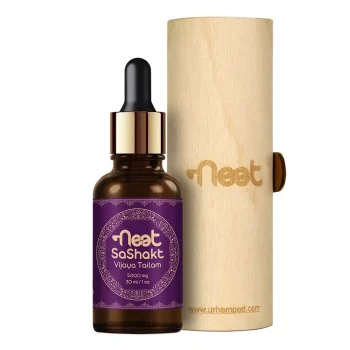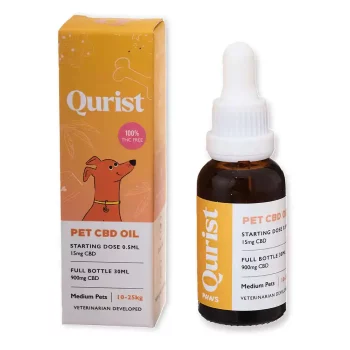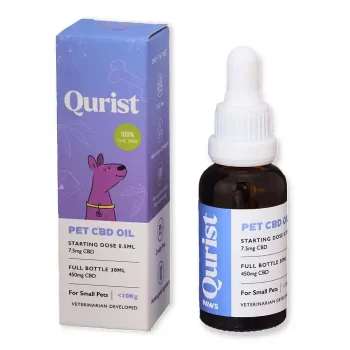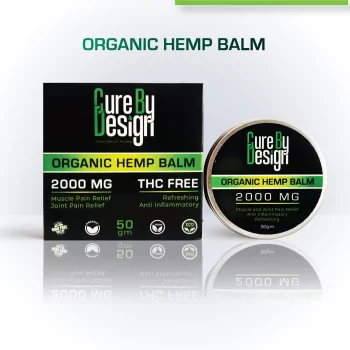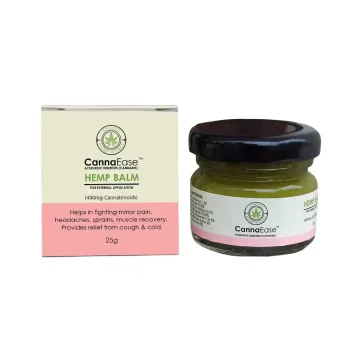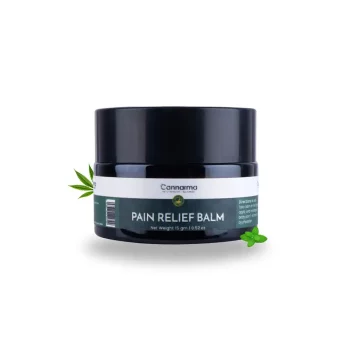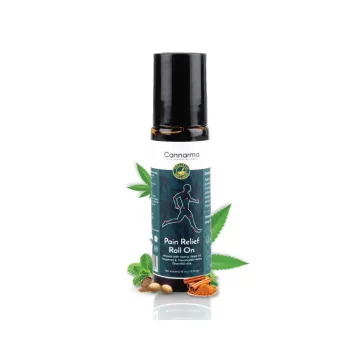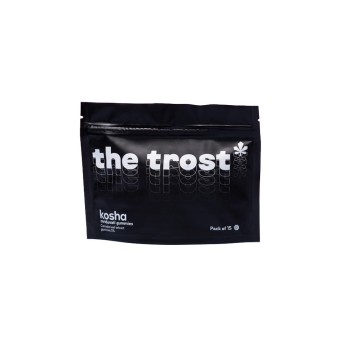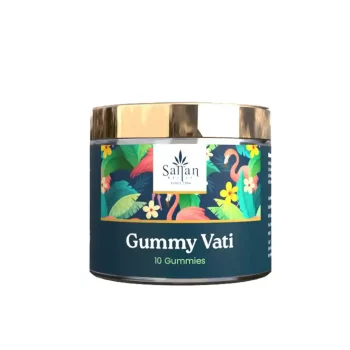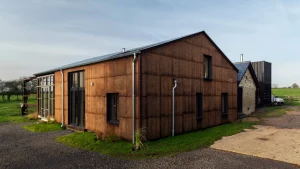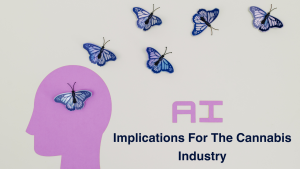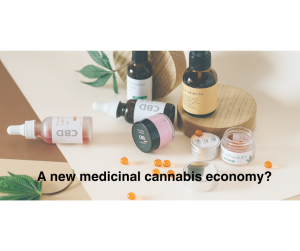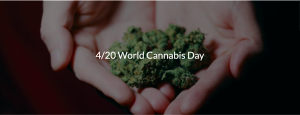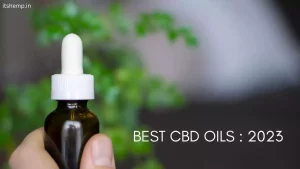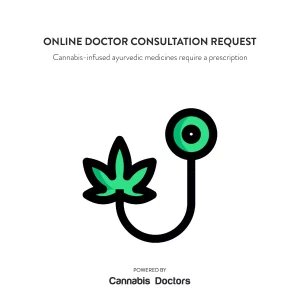In all the excitement to add CBD to our life, we often take for granted the importance of doing research. CBD is a master cure that not only helps in managing a plethora of medical conditions but also elevates our state of life and well-being.
And yet, there are a lot of things that CBD users get wrong. In this article, we list the 7 most important things you need to understand before you proceed to buy CBD in India.
7 Things to Understand Before Buying CBD in India
Outline
Learn Everything You Can About CBD
-Types of CBD Extracts
-Which Medical Conditions can CBD Help With?
-How to use CBD as a Wellness Supplement?
-Is CBD Legal in India?
Learn About the Different Ways of Consuming CBD
Dosage works Differently in Different Products
Establish Your Reason to Use CBD
Understand CBD-THC Ratios
Learn How to Read the Label of a CBD Product
Learn About CBD’s interaction with Other Drugs
1. Learn Everything You Can About CBD
One of the first things to understand before buying CBD is to learn everything about it. CBD is a naturally occurring chemical compound in the cannabis plant. It belongs to the category of cannabinoids, which interact with The Endocannabinoid System in the human body. CBD is one of the 118 identified cannabinoids in the cannabis plant.
Each cannabinoid has its respective properties and reacts with the human body accordingly.
CBD is non-intoxicating in nature (i.e. it does not get you high) and offers a plethora of therapeutic benefits. When used regularly, CBD can help manage, cure, or treat more than 30 different medical conditions.
Understanding the basics of CBD includes learning about:
- Types of CBD extract
- For which conditions can it be used
- How to use CBD as a wellness supplement
- Whether or not CBD is legal in India
Types of CBD Extracts
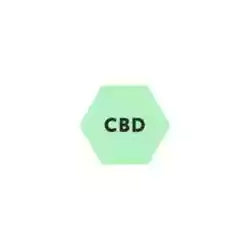
CBD extracts can be of 3 different types—based on which of the other cannabinoids are present in an extract along with CBD. Each extract has its own set of pros and cons. One type of extract may be more suitable for a given medical condition than the other.
A brief of the 3 types of CBD extracts is given below:
- CBD Isoalte: is an extract that contains only and only CBD. This is the purest and safest way to consume CBD. In isolates, no other cannabinoid interferes with the working of CBD. Isolates are the most suitable extract for beginners and for people looking to use CBD purely as a wellness supplement. Isolates do not contain the intoxicating cannabinoid THC and therefore have no psychoactive effects whatsoever.
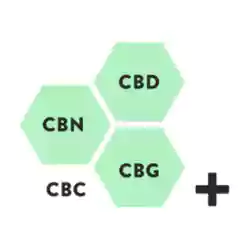
- Broad-spectrum CBD: is an extract that contains CBD in combination with other cannabinoids and terpenes. However, the extract is processed to eliminate the cannabinoid THC which is responsible for the cannabis high. In broad-spectrum CBD, all the cannabinoids work together to enhance each other’s therapeutic benefits.
In comparison to isolates, broad-spectrum CBD provides a more wholesome therapeutic experience. And since broad-spectrum CBD does not contain THC, there is no risk of any psychoactive effects. But at the same time, broad-spectrum CBD is devoid of the therapeutic benefits of THC as well.
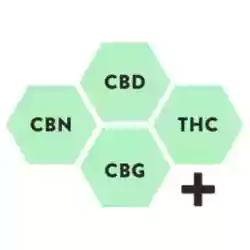
- Full-spectrum CBD: is an extract that contains CBD in combination with all the other cannabinoids and terpenes including THC. Full-spectrum extracts contain 90-95% of the original chemical profile of the source cannabis plant. Here too, all the cannabinoids work together to provide a better, wholesome healing experience.
But since here the effects of THC also join the pile, full-spectrum CBD is more effective than broad-spectrum CBD. The presence of THC in full-spectrum CBD extracts may cause some intoxication.
Featured Read: Types of CBD: Full-spectrum vs broad-spectrum vs Isolate
Which Medical Conditions Can CBD Help With?
CBD shows promising potential to manage, relieve, cure, or treat more than 30 different medical conditions. CBD can be used as an all-natural alternative treatment for medical conditions of all kinds.
Some common medical conditions for which people buy CBD in India are:
- Physical Ailments (e.g. Chronic pain, Arthritis, Menstrual pain, Muscle inflammation)
- Neurodegenerative Disorders (e.g. Alzheimer’s, Parkinson’s,)
- Autoimmune Disorders (e.g. Multiple Sclerosis, SCID)
- Neurological Disorders (e.g. Fibromyalgia, Epilepsy)
- Psychological Disorders (e.g. Anxiety, Depression, Schizophrenia)
- Sleep Disorders (e.g. Insomnia, Sleep Apnea)
- Skin Problems (e.g. Acne, Eczema, Melanoma, etc.)
CBD is also proven effective in providing relief from chemotherapy side effects such as nausea, vomiting, and fatigue.
How to use CBD as a Wellness Supplement?
An amazing thing about CBD is that you don’t need to be sick to use it. CBD can be used as an everyday wellness supplement that boosts metabolism, strengthens immunity, and enhances the overall well-being of the body.
The use of CBD as a wellness supplement is gaining popularity as more and more people adopt a plant-based approach to health and wellness.
Is CBD legal in India?
There are no clear guidelines stating whether CBD is legal or illegal in India. Since 2019, the government of India allows the use of CBD products (with low amounts of THC) and cannabis leaf extracts (under Ayurvedic medicines) while discouraging the use of flower and flower extracts.
Cannabis leaf (Vijaya) extracts are a Schedule E-1 drug regulated by the AYUSH Ministry and the Excise Department of India. However, there is no clear explanation if CBD products also classify as Ayurvedic medicines.
2. Learn About the Different Ways to Consume CBD
The second one on the list of things to understand before buying CBD is the many different ways of consuming it. Contrary to popular belief, CBD, or any other cannabis products for that matter, can be consumed without smoking. At present, there are at least 11 different types of CBD products that you can buy in India.
Apart from smoking, there are 4 ways to consume cannabis:
- Oils & Tinctures: CBD oil drops and tinctures are respective oil and alcohol-based liquid extracts that can be consumed directly, added to food, or applied topically for localised relief. These are a smokeless way of consuming CBD showing effects within 10 minutes of consumption. CBD oil drops and tinctures come with a built-in dropper in the cap. This dropper has markings in mL that make it easy to measure each dosage.
- Edibles: ready-to-eat food and drink items that are infused with CBD oil. Some common examples of CBD edibles are gummies, tea, and coffee, etc. Edibles are a convenient way of taking the daily dose of CBD. Eatables like gummies and chocolates are consumed directly, straight out of the pack. Tea, coffee, and other drinks may need to be steeped for 3-5 minutes before consumption. It is also possible to fashion DIY CBD Edibles by adding CBD oil to cakes, brownies, and bread, etc.
- Capsules: are non-food CBD edibles that are taken like the traditional medicine. Capsules are convenient and easy to use with consistent dosage.
- Topicals: products such as CBD balms, creams, and salves which are applied externally over the skin. These products are most suitable for managing localised pain and inflammation such as joint pain, sore muscles, etc.
The rich variety of CBD products allows users to choose a consumption style that best suits their lifestyle. Because of this, it is really easy to adopt CBD.
3. Dosage Works Differently in Different Products
Dosage refers to the amount of a drug or medicine that a person takes at a given time. The concept of dosage applies to 4 types of CBD products:
- Oils & Tinctures
- Edibles & Capsules
Interestingly, oils and tinctures work on one principle and edibles and capsules work on another.
Dosage in Oil Drops and Tinctures
Oil drops and tinctures come in a glass bottle with a built-in dropper in the cap. This dropper has quantity markings on it. If industry standards are maintained, the baseline serving of each bottle would be 1mL.
To calculate the dosage in CBD oils and tinctures, we need to focus on the strength of the product. The strength represents the intensity of the CBD i.e. how strong a given CBD extract is.
If we have a 30mL bottle of 1500mg CBD, then each mL will contain 50mg of CBD (1500/30). So, if your dosage is 25mg of CBD, you need to fill half the dropper (i.e. till the 0.5mL mark).
However, if the strength of the product changes, the dosage will also change significantly. For example, if we have a 30mL bottle of 3000mg instead, each mL will contain 100mg of CBD (3000/30). In this case then, to be able to take 25mg of CBD, you would need to fill the dropper till the 0.25mL mark.
With oils and tinctures, you have the freedom to increase or decrease each individual dosage at your convenience.
Dosage in Edibles and Capsules
Edibles and capsules come with a pre-set dosage. That is, the dosage in each capsule or edible from the same pack remains consistent. The total amount of CBD gets equally divided among the number of servings.
If we have a pack of 15 gummies with 300mg CBD, then each gummy will have 20mg CBD (300/15). If your dosage is 40mg of CBD, you can take 2 gummies throughout the day.
Similarly, if a pack of 30 capsules contains 1500mg CBD, then each capsule will have 50mg of CBD (1500/30). This is a higher and stronger dosage and would need to be administered accordingly.
4. Establish Your Reason to Use CBD
Perhaps the most important one on the list of things to understand before buying CBD. As stated earlier, you don’t need to be sick to use CBD. While CBD can provide relief from a plethora of medical conditions, it can just as easily be used as a wellness supplement.
Understanding why you want to use CBD is important in order to narrow down the type of extract and product you should be using. This also makes it easy to decide the daily dosage and frequency of use of a product.
Different CBD products provide different types of relief. For instance, while edibles and capsules are best for using CBD as a wellness supplement, oil drops may prove to be more effective in the case of chronic pain, insomnia, and anxiety.
For the use of CBD as a wellness supplement and to target mild medical conditions, isolates are a decent choice. But broad- and full-spectrum extracts are a better option for severe medical conditions such as epilepsy, dementia, Parkinson’s, etc.
5. Understand CBD-THC Ratios
CBD is just one of the 118 identified cannabinoids in the cannabis plant. Another common and well-researched cannabinoid is THC. In addition to the high that it brings, THC also has several therapeutic properties and can act as a pain-reliever, appetite-stimulator etc.
Some CBD products use CBD and THC together in different ratios to target different medical conditions. It proves useful to know about these ratios and the way they show an effect on the body.
The most commonly available CBD-THC ratios in India are:
- 1:1; CBD-balanced: an extract containing equal amounts of CBD and THC. This ratio is considered to be the most effective for treating pain.
- 2:1; CBD-dominant: extract in which the amount of CBD is twice as much as THC. This ratio helps with anxiety, depression, autoimmune disorders, etc.
- 4:1; CBD-dominant: this ratio contains high amounts of CBD and moderate amounts of THC. This works well for people who have moderate tolerance for THC.
- 1:4; THC-dominant: a ratio that contains 4 times the amount of THC than CBD. This ratio is highly intoxicating in nature and is recommended for advanced medical conditions such as stage 4 cancers and Parkinson’s.
- 1:2; THC-dominant: a ratio in which the amount of THC is twice the amount of CBD. This ratio is moderately intoxicating and helps with conditions such as chronic pain, MS, cancer pain management, etc.
Featured Read: A Quick Guide to the Effects of CBD & THC.
6. Learn How to Read the Label of a CBD Product
Because the prime use of CBD is as a medicinal or wellness supplement, it is important that all the necessary information be readily available on the label of a product.
A product label for CBD should directly convey the following:
- Type of Extract: whether the CBD is isolate, broad-spectrum, or full-spectrum.
- Presence of THC: whether or not THC (the high-causing cannabinoid) is present. Terms that denote this information include 0 THC, THC-free, x% THC, etc.
- Cannabinoid Strength: refers to how strong, in terms of intensity, a CBD product is. This is denoted by terms such as 1000mg, 3000mg, 500mg, etc.
- Quantity: refers to the total amount of CBD present in a product. E.g. 30mL, 15 gummies, 60 capsules, etc.
- Flavour: hether or not the product has added flavour. E.g. unflavoured, natural flavour, chocolate-mint, vanilla, etc.
- Lab-tested: a good, authentic CBD product should be third-party lab tested. Many brands also provide a certificate of analysis (COA) to validate the quality of their product.
- List of Ingredients: a list of all the ingredients present in the product. This includes information about the quantity of CBD, carrier oil, additional flavour, etc.
- Recommended Dosage: denoting the frequency of use as suggested by the brand itself. E.g. Take 2 gummies a day.
- Suggested Use: refers to the way a product should be used as suggested by the brand. E.g. Place the oil drops under your tongue and let it absorb for 30s before swallowing.
- Medical Disclaimer: CBD is not approved by the FDA or the AYUSH Ministry of India. Therefore, every product should have a medical disclaimer declaring that the product is not intended to treat, cure, or diagnose a medical condition.
7. Learn About CBD’s Interaction with Other Drugs
CBD is a generally safe and well-tolerated compound for people of all ages and genders. However, because the research on CBD is still in infancy, some research does evaluate the potential interaction of CBD, or medical cannabis in general, with the most commonly used drugs.

According to research, CBD is metabolised by the CYP450 system in the human body. It is the same system that metabolises other drugs. The CYP450 enzyme system is responsible for breaking down the potential toxic compounds.
The different nature of different drugs can either slow down or speed up the working of this system, thus affecting the way our body processes the drugs we’re taking.
Studies suggest that CBD can slow down the working of the CYP450 enzyme system.
If a person is constantly consuming a prescribed medicine and takes CBD in addition, the body would need a lot more time to process all the drugs. This can lead to a situation where we may have more medication in our body than intended. This leads to exaggerated effects, which we commonly call the side effects.
From what research is available, CBD can potentially interact with one or more of the following drugs:
- Antibiotics, anti-psychotics, and anti-depressants
- Blood pressure and cholesterol medications
- Antihistamines and antimicrobials
- Immune modulators
- Blood thinners, GI medication, and beta blockers
- HIV antivirals
- Pain and Erectile dysfunction medications
This is not an all-inclusive list. With continued research, more drugs may or may not be added to this list. It is also important to note that it is not mandatory for CBD to interact with any or all of these medications. There is a potential for it to happen.
5 Tips to Begin Your CBD Journey Smoothly
Getting started on the CBD journey can be apprehensive. Here is a list of 5 tips that every beginner can use to start their CBD journey smoothly.
- Start with Edibles: Edibles are ready-to-eat food and drink items infused with CBD oil. They are a direct and pretty straightforward method of using CBD. CBD Gummies, chocolaes, and tea/coffee are common examples of CBD edibles. These have a pre-set amount of dosage that can be administered consistently.
- Start Before Bedtime: It is true that CBD is non-intoxicating. However, for first time users it is still a new compound and would need time to adjust to the individual body chemistry of the user. It makes sense to take CBD before bedtime because it promotes relaxation and provides uninterrupted sleep.
- Start with a Low Dosage: Unless otherwise specified by your doctor, start your CBD journey with the lowest possible dosage. In case of isolates, 50-60mg of CBD per day is a good dosage to start with. Broad- and full-spectrum extracts are stronger and can have significant effect in considerable low dosages. There, a dosage of 25-40mg per day would suffice.
- Start with Isolates: Isolates contain only and only CBD. They are the purest and safest way to use CBD. These do not have any risk of intoxication because they do not contain THC. Moreover, with isolates, it is easy to monitor the efficiency of CBD on the body.
- Stick with One Product: Our body needs time to adjust to CBD. And, CBD needs time to adjust to the body. It is advisable to stick to a particular product/dosage for at least 2-3 months.
Buy CBD in India
-
ZERO CBD Melatonin Sleep Tincture, CBD + Melatonin (2000mg + 180mg) (30ml)₹9,500.00
-
Cannavedic Pet CBD Oil, 1000mg, 30ml₹3,500.00
-
Cannavedic Cannaheal, Ayurvedic Hemp Salve₹1,000.00
-
Cure By Design Hemp Oil for Pets – 500mg CBD (MCT) (30ml)From: ₹2,000.00
-
Cannavedic Pure CBD Isolate Crystals – 1000mg|5000mg₹1,500.00 – ₹6,500.00
-
Cure By Design Hemp Oil for Pets – 500mg CBD (30ml)From: ₹2,000.00
-
India Hemp Organics CannaBliss Arthritis Relief- CBD Oil (100ml)₹1,399.00
-
Product on saleNoigra Full Spectrum Hemp Oil, 1000mg, Orange, 30mlOriginal price was: ₹5,499.00.₹4,999.00Current price is: ₹4,999.00.
-
Product on saleNoigra Full Spectrum Hemp Oil, 1000mg, Mint, 30mlOriginal price was: ₹5,499.00.₹4,999.00Current price is: ₹4,999.00.
-
Product on saleNoigra Full Spectrum Hemp Oil, 2000mg, Mint, 30mlOriginal price was: ₹9,999.00.₹8,999.00Current price is: ₹8,999.00.
-
Neet 300mg Broad Spectrum Vijaya Tailam CBD 30ml₹1,999.00
-
Cannavedic CBD Isolate Tincture Icy Mint, 1500mg, 30ml₹4,500.00
-
Product on saleNoigra Full Spectrum Hemp Oil, 2000mg, Orange, 30mlOriginal price was: ₹9,999.00.₹8,999.00Current price is: ₹8,999.00.
-
Qurist Pet CBD Oil for Large Pets, 30ml₹5,999.00
-
Ananta Cannaease Skin Protect, 50ml₹649.00
-
Neet SaShakt 5000mg Broad Spectrum Vijaya Tailam CBD 30ml₹9,999.00
-
Qurist Pet CBD Oil for Medium Pets, 30ml₹3,499.00
-
Qurist Pet CBD Oil for Small Pets, 30ml₹1,999.00
-
Cure By Design Organic Hemp Balm 2000 mg CBD (50 gms)₹2,500.00
-
Product on saleAnanta Cannaease Hemp Balm, 25gOriginal price was: ₹999.00.₹649.00Current price is: ₹649.00.
-
Cannarma Ultra Premium Pain Relief Balm, 15gm₹249.00
-
Cannarma Pain Relief Rollon, 10ml₹249.00
-
The Trost Kosha Gummies (15 gummies)₹1,999.00
-
Product on saleSanan 1750mg Cannabis Infused (1:3) Gummy Vati Plus (Berry + Original Flavour) (10 pcs)₹1,000.00 – ₹1,200.00


